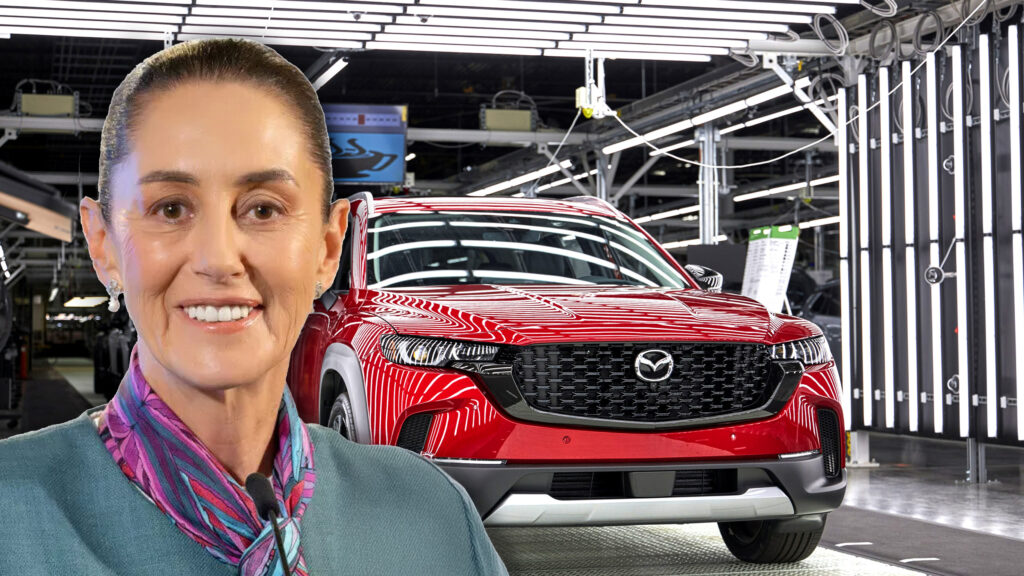Trump’s Tariff Impact

In a significant shake-up for global trade, former President Donald Trump has imposed hefty tariffs on imported goods, with a notable 25% tariff on cars and parts. The move, effective from April 2, rippled across the globe, sparking economic unrest. Interestingly, while these tariffs are sweeping, they uniquely spare Mexico and Canada due to the USMCA agreement, a strategic decision by the U.S.
U.S. & Mexico

Mexican President Claudia Sheinbaum lauded the exemption from the new tariffs. She expressed that maintaining such preferential treatment was rooted in mutual respect and collaboration between the two administrations. Mexico is not entirely free of duties, though; vehicles still uphold the previous 25% tariff under different trade terms. Meanwhile, President Sheinbaum attributes this temporary respite to a healthy bilateral relationship with the U.S. administration, mirrored in her public statements appreciating the exemption.
Global Reactions
Despite this goodwill gesture towards its immediate neighbors, other global trading partners are feeling the pinch, resulting in backlash. Various U.S. allies, still subjected to tariffs despite their existing trade agreements, have voiced concerns and uncertainty in their dealings with the U.S. The shift creates a complex landscape for foreign automakers seeking to sell vehicles within the United States, complicated by Trump’s separate agenda, including tackling fentanyl and immigration issues.
The Road Ahead
Mexico’s Economy Secretary Marcelo Ebrard foresees a critical 40-day negotiation period to solidify this preferential status with the U.S. As Trump indicated, the situation is volatile and subject to quick changes based on geopolitical developments and domestic policy goals. Meanwhile, automakers and governments worldwide are bracing for a significant period of adjustment, potentially redefining trade strategy and manufacturing deals.
These developments mark a turning point in international trade policies, especially concerning the auto industry. While Mexico and Canada catch a break, a climate of uncertainty looms over foreign vehicle manufacturers as they navigate these newly implemented and potential future changes in U.S. trade strategy.
Honda Civic Reigns
Falcon F7 Unveiled
Audi Faces US Tariffs
Z4 and Supra Farewell
Retro Minivan Revival